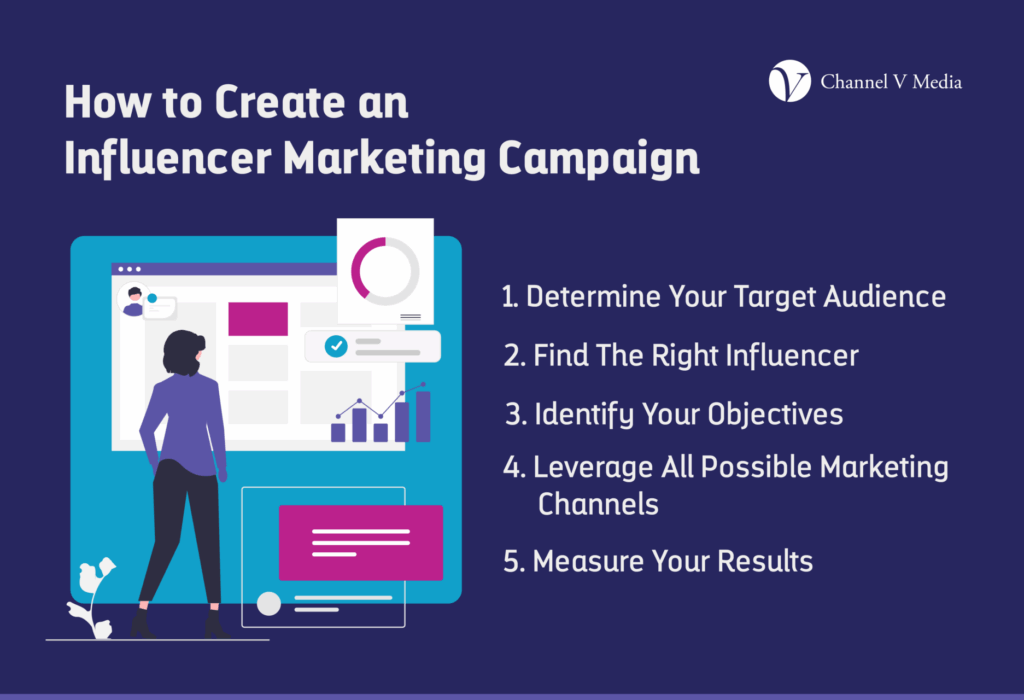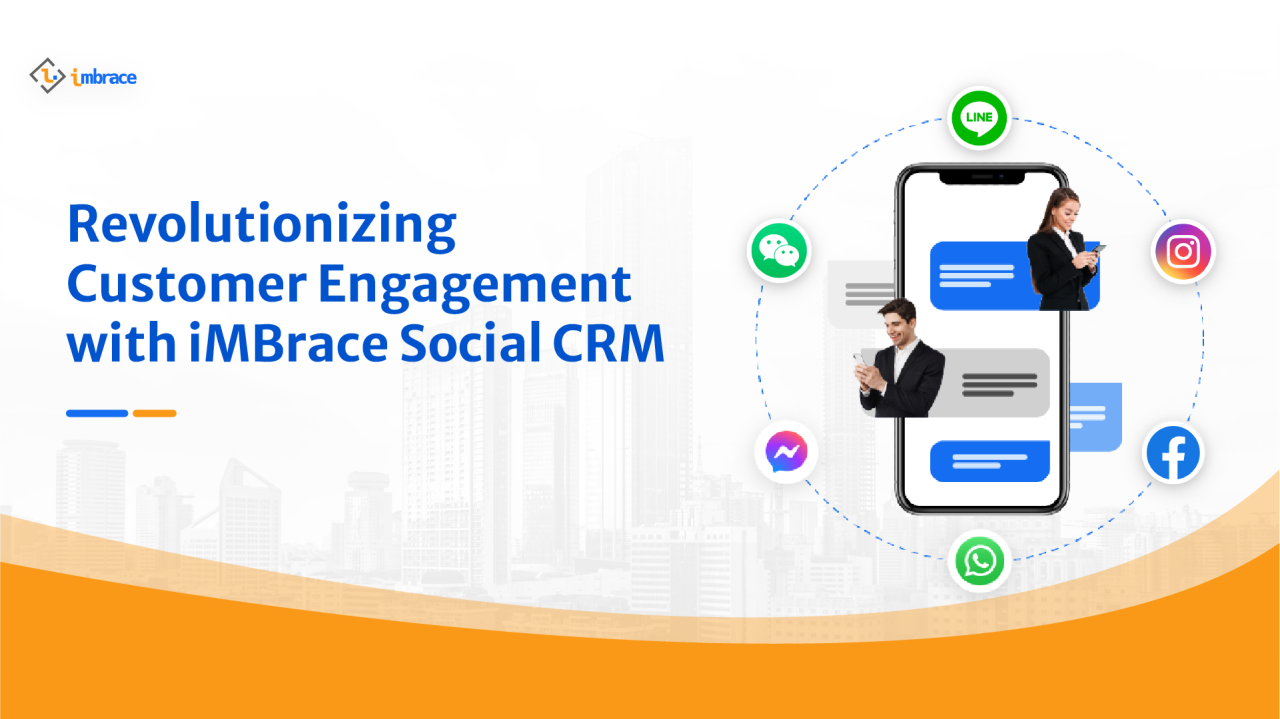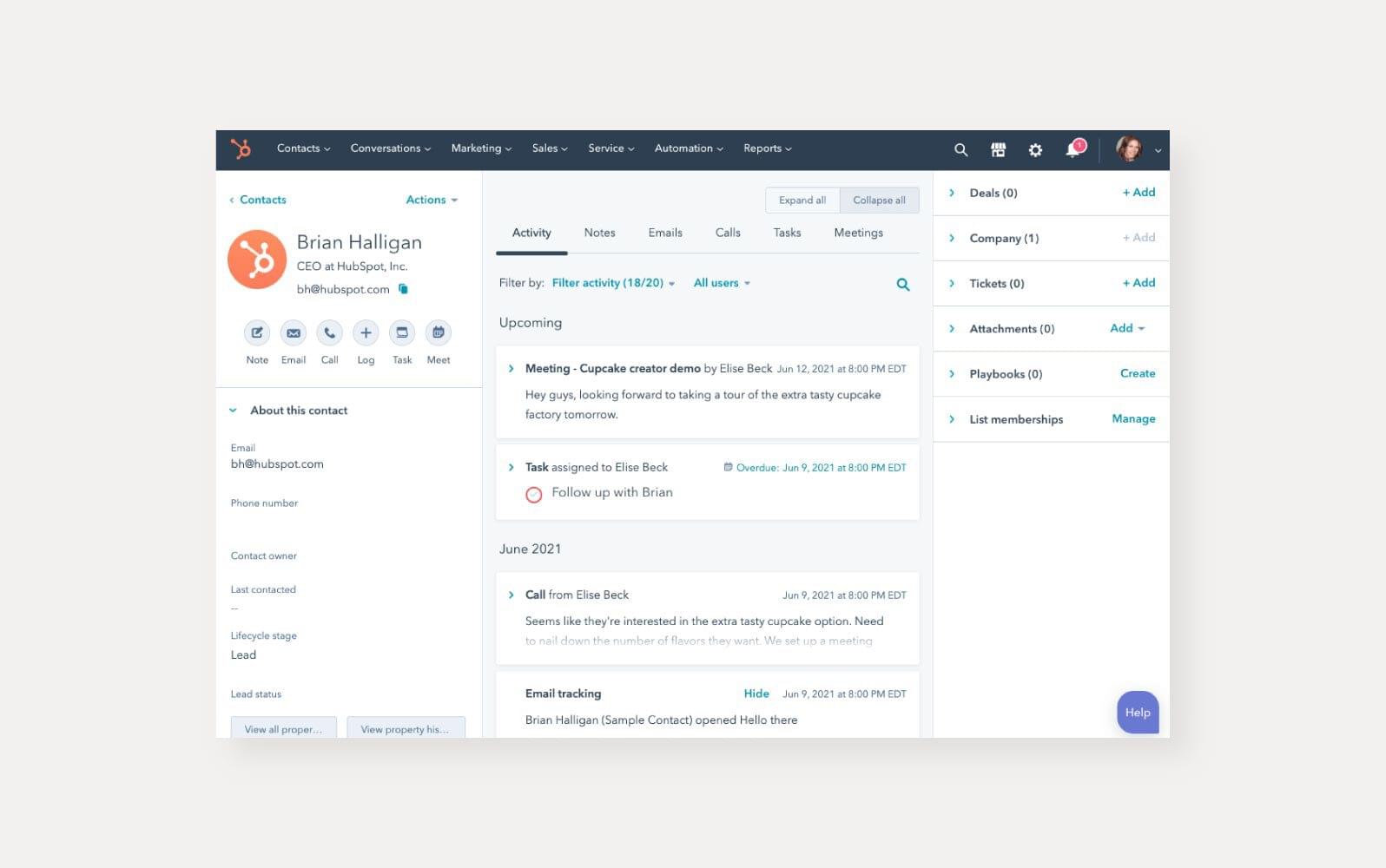Unlocking Growth: Mastering CRM, Marketing, and Influencer Partnerships

The Power Trio: CRM, Marketing, and Influencer Partnerships
In today’s fast-paced digital landscape, businesses are constantly seeking innovative strategies to connect with their target audiences, drive engagement, and ultimately, boost revenue. Three key pillars have emerged as critical components of a successful marketing strategy: Customer Relationship Management (CRM), marketing automation, and influencer partnerships. When these three elements are strategically integrated, they form a powerful synergy that can propel a business to new heights. This article delves into the intricacies of this potent combination, exploring how CRM systems, marketing automation techniques, and strategic influencer collaborations can be leveraged to achieve remarkable results.
Understanding the Core Components
Customer Relationship Management (CRM)
At its core, CRM is a technology that manages all your company’s relationships and interactions with customers and potential customers. The primary goal of a CRM system is to improve business relationships. A good CRM system helps businesses stay connected to customers, streamline processes, and improve profitability. When people talk about CRM, they’re often referring to a CRM system, such as Salesforce, HubSpot, or Zoho CRM. These systems aggregate customer data from various sources, providing a comprehensive view of each customer’s journey.
Here’s a breakdown of the key benefits of using a CRM system:
- Centralized Data: CRM systems consolidate customer information, including contact details, purchase history, communication logs, and more, into a single, accessible location.
- Improved Customer Understanding: By analyzing customer data, businesses can gain valuable insights into customer behavior, preferences, and needs.
- Enhanced Communication: CRM systems enable businesses to personalize their communication, tailoring messages to individual customer profiles.
- Streamlined Sales and Marketing: CRM systems automate repetitive tasks, such as lead generation, email marketing, and follow-up calls, freeing up sales and marketing teams to focus on more strategic initiatives.
- Increased Customer Loyalty: By providing personalized experiences and proactively addressing customer needs, CRM systems help build stronger customer relationships and foster loyalty.
Marketing Automation
Marketing automation involves using software to automate marketing activities. It streamlines repetitive tasks, such as email marketing, social media posting, and lead nurturing, allowing marketers to focus on more strategic initiatives. It’s about optimizing marketing campaigns to improve their effectiveness and efficiency. The goal is to reach the right people with the right message at the right time.
Key benefits of marketing automation include:
- Increased Efficiency: Automation tools save time and resources by automating repetitive tasks.
- Improved Lead Generation: Marketing automation can help identify and nurture leads, guiding them through the sales funnel.
- Personalized Customer Experiences: Automation enables businesses to personalize marketing messages and deliver tailored content to individual customers.
- Enhanced Lead Nurturing: Automation tools can be used to nurture leads through the sales funnel, providing them with relevant information and support at each stage.
- Increased ROI: By optimizing marketing campaigns and generating more qualified leads, marketing automation can significantly improve ROI.
Influencer Partnerships
Influencer marketing leverages the reach and influence of individuals with a significant following on social media platforms. These influencers can be bloggers, YouTubers, Instagram personalities, or other content creators who have built a loyal audience. Partnering with influencers can be a highly effective way to reach new audiences, build brand awareness, and drive sales. It’s a collaborative approach where brands team up with influencers to promote their products or services.
The advantages of influencer partnerships are numerous:
- Increased Brand Awareness: Influencers can expose your brand to a wider audience, increasing brand recognition and visibility.
- Enhanced Credibility: Influencers often have a high level of trust and credibility with their followers, making their recommendations highly influential.
- Targeted Reach: Influencers allow you to target specific demographics and interests, ensuring your message reaches the right audience.
- Improved Engagement: Influencer content often generates higher levels of engagement, including likes, comments, and shares.
- Drive Sales: Influencers can drive sales by promoting your products or services to their followers, often through the use of unique discount codes or affiliate links.
The Synergy: CRM, Marketing Automation, and Influencer Partnerships Working Together
The real power of these three elements lies in their synergistic potential. When CRM, marketing automation, and influencer partnerships are integrated effectively, they create a powerful engine for growth. This integration allows businesses to personalize customer experiences, automate marketing processes, and leverage the reach and influence of influencers to achieve remarkable results. It’s about creating a seamless, data-driven marketing ecosystem.
1. Leveraging CRM for Influencer Identification and Management
A CRM system can be used to identify and manage influencer partnerships. By integrating your CRM with social media platforms, you can track influencer performance, monitor engagement, and measure the ROI of your influencer campaigns. You can also use your CRM to segment your customer base and identify influencers who align with your target audience. This targeted approach ensures that your influencer partnerships are reaching the right people.
Here’s how to leverage your CRM for influencer marketing:
- Identify Influencers: Use your CRM data to identify influencers who resonate with your target audience. Look for influencers with relevant content, high engagement rates, and a strong following.
- Track Influencer Performance: Monitor influencer performance metrics, such as reach, engagement, and conversions, within your CRM.
- Manage Influencer Relationships: Use your CRM to manage your relationships with influencers, including communication, contracts, and payments.
- Segment Your Audience: Segment your customer base to identify the best influencers to reach each segment.
- Analyze ROI: Track the ROI of your influencer campaigns by measuring conversions, website traffic, and other relevant metrics within your CRM.
2. Automating Influencer Campaign Management with Marketing Automation
Marketing automation tools can streamline the management of influencer campaigns. You can automate tasks such as sending emails to influencers, tracking campaign performance, and generating reports. This automation saves time and resources, allowing you to focus on more strategic initiatives. Moreover, automation helps ensure that your influencer campaigns are executed efficiently and effectively.
Here’s how marketing automation can enhance influencer campaigns:
- Automated Outreach: Automate the process of reaching out to potential influencers with personalized emails and offers.
- Campaign Tracking: Use automation to track the performance of your influencer campaigns, including clicks, conversions, and engagement.
- Reporting and Analytics: Generate automated reports to track key metrics and analyze the results of your influencer campaigns.
- Lead Nurturing: Nurture leads generated through influencer campaigns with automated email sequences and personalized content.
- Performance-Based Payments: Automate the process of paying influencers based on performance metrics, such as sales or leads generated.
3. Personalizing Customer Experiences with Influencer Content
By integrating influencer content into your CRM and marketing automation workflows, you can personalize customer experiences and build stronger customer relationships. For instance, you can send emails featuring influencer content, such as product reviews or tutorials, to customers who have shown interest in specific products. This personalized approach enhances customer engagement and drives conversions. By utilizing influencer content, businesses can create a more engaging and relevant experience for their customers.
Here’s how to personalize customer experiences with influencer content:
- Segment Your Audience: Segment your customer base based on their interests and preferences.
- Identify Relevant Influencer Content: Identify influencer content that aligns with the interests of each customer segment.
- Integrate Content into Workflows: Integrate influencer content into your CRM and marketing automation workflows, such as email campaigns and website content.
- Personalize Email Campaigns: Send personalized email campaigns featuring influencer content to specific customer segments.
- Track Results: Track the results of your personalized campaigns to measure their effectiveness and optimize your strategy.
Practical Implementation: A Step-by-Step Guide
Implementing a CRM, marketing automation, and influencer partnership strategy requires careful planning and execution. Here’s a step-by-step guide to help you get started:
1. Define Your Goals and Objectives
Before you begin, it’s crucial to define your goals and objectives. What do you want to achieve with your CRM, marketing automation, and influencer partnerships? Are you looking to increase brand awareness, generate leads, drive sales, or improve customer loyalty? Having clear goals will help you measure the success of your efforts and make adjustments as needed. Set specific, measurable, achievable, relevant, and time-bound (SMART) goals to ensure you’re on the right track.
2. Choose the Right CRM and Marketing Automation Tools
There are many CRM and marketing automation tools available, so it’s important to choose the right ones for your business. Consider your budget, the size of your team, and your specific needs. Research different platforms, compare features, and read reviews to find the tools that best fit your requirements. Some popular CRM systems include Salesforce, HubSpot, and Zoho CRM. Popular marketing automation platforms include HubSpot, Marketo, and Pardot.
3. Develop an Influencer Marketing Strategy
Outline your influencer marketing strategy. Identify your target audience, research potential influencers, and develop a plan for collaborating with them. Consider the type of content you want to create, the platforms you want to use, and the budget you have available. Remember to establish clear expectations and guidelines for your influencer partnerships.
4. Integrate Your Systems
Integrate your CRM, marketing automation, and influencer marketing platforms. This will allow you to share data between systems, automate workflows, and track the performance of your campaigns. Integration is key to creating a seamless and efficient marketing ecosystem. Ensure that your systems can communicate with each other to streamline data flow.
5. Create High-Quality Content
Create high-quality, engaging content that resonates with your target audience. Work with your influencers to develop content that aligns with your brand and their audience. Ensure that your content is informative, valuable, and visually appealing. It should be designed to capture attention and drive engagement. This includes blog posts, videos, social media updates, and more. Content should also be optimized for SEO to ensure maximum visibility.
6. Launch and Monitor Your Campaigns
Once you have everything in place, launch your campaigns and monitor their performance. Track key metrics, such as reach, engagement, and conversions. Analyze the results and make adjustments as needed. Continuous monitoring and optimization are essential for achieving success. Use analytics to understand what’s working and what’s not, and be prepared to adapt your strategy based on the data.
7. Measure and Optimize
Continuously measure the results of your campaigns and optimize your strategy based on the data. Analyze your performance metrics, identify areas for improvement, and make adjustments to your campaigns. Regular optimization is key to maximizing your ROI. Use the data to refine your targeting, content, and approach.
Examples of Successful Integration
To illustrate the power of this integrated approach, let’s look at some examples of businesses that have successfully combined CRM, marketing automation, and influencer partnerships:
1. E-commerce Retailer
An e-commerce retailer uses its CRM to segment customers based on their purchase history and interests. It then uses marketing automation to send personalized email campaigns featuring product recommendations and influencer reviews to each segment. The retailer also partners with relevant influencers to create content that promotes their products and drives traffic to their website. As a result, the retailer experiences a significant increase in sales and customer loyalty.
2. Software Company
A software company uses its CRM to track leads and manage its sales pipeline. It then uses marketing automation to nurture leads through the sales funnel with targeted content and webinars. The company also partners with industry influencers to create content that showcases its software and generates leads. This integrated approach results in a higher conversion rate and a shorter sales cycle.
3. Fashion Brand
A fashion brand uses its CRM to collect customer data, including style preferences and purchase history. It then uses marketing automation to send personalized style recommendations and promotional offers to its customers. The brand also partners with fashion influencers to create content that showcases its clothing and drives sales. This leads to increased brand awareness and higher customer engagement.
Challenges and How to Overcome Them
While the integration of CRM, marketing automation, and influencer partnerships offers immense potential, it also presents some challenges. Here are some common hurdles and how to overcome them:
1. Data Silos
Data silos can hinder the flow of information between systems. To overcome this, ensure that your CRM, marketing automation, and influencer marketing platforms are integrated and share data seamlessly. Consider using a data integration platform to connect your systems and synchronize data.
2. Lack of Integration
If your systems are not integrated, you won’t be able to leverage the full potential of this combined approach. Make sure your systems can talk to each other. The solution is to integrate your platforms. This may involve using APIs, connecting your systems directly, or using a third-party integration tool.
3. Measurement Difficulties
Tracking the ROI of your campaigns can be challenging. To overcome this, establish clear metrics and use analytics tools to track the performance of your campaigns. Use UTM parameters and other tracking methods to measure the impact of your influencer partnerships. Make sure you’re tracking the right metrics to accurately gauge your success.
4. Influencer Selection
Choosing the right influencers can be tricky. To overcome this, thoroughly research potential influencers and assess their audience, engagement rates, and content quality. Ensure that the influencers you choose align with your brand values and target audience. Look beyond the number of followers and focus on engagement and relevance.
5. Content Creation
Creating high-quality content requires time and resources. To overcome this, plan your content strategy in advance and work with your influencers to create content that resonates with your target audience. Establish a content calendar and allocate sufficient time and resources for content creation. Consider repurposing existing content and exploring different content formats.
The Future of CRM, Marketing Automation, and Influencer Partnerships
The future of marketing is undoubtedly data-driven and highly personalized. As technology continues to evolve, we can expect to see even greater integration between CRM, marketing automation, and influencer partnerships. Artificial intelligence (AI) and machine learning (ML) will play an increasingly important role in automating marketing processes, personalizing customer experiences, and optimizing influencer campaigns. It will also become more sophisticated.
Here are some trends to watch:
- AI-Powered Personalization: AI will be used to personalize customer experiences at scale, delivering tailored content and recommendations to individual customers.
- Hyper-Personalization: Marketing will become even more personalized, with businesses tailoring their messages and offers to individual customer preferences and behaviors.
- Advanced Analytics: Businesses will leverage advanced analytics to gain deeper insights into customer behavior and optimize their marketing campaigns.
- Increased Automation: Marketing automation will continue to evolve, with more tasks being automated and more complex workflows being implemented.
- Authentic Influencer Marketing: Influencer marketing will focus on building authentic relationships with influencers and creating genuine content.
This is about creating genuine connections.
Conclusion: Embrace the Power of Integration
In conclusion, the integration of CRM, marketing automation, and influencer partnerships offers a powerful strategy for businesses looking to drive growth and achieve sustainable success. By leveraging the strengths of each component and integrating them effectively, businesses can create personalized customer experiences, automate marketing processes, and leverage the reach and influence of influencers. Embrace the power of integration and unlock the full potential of your marketing efforts.
By adopting this integrated approach, businesses can build stronger customer relationships, increase brand awareness, drive sales, and achieve a higher return on investment. The key is to have a well-defined strategy, select the right tools, and continuously monitor and optimize your campaigns. The synergy of these three elements represents a significant opportunity for businesses to thrive in today’s competitive market. This is a powerful combination.





